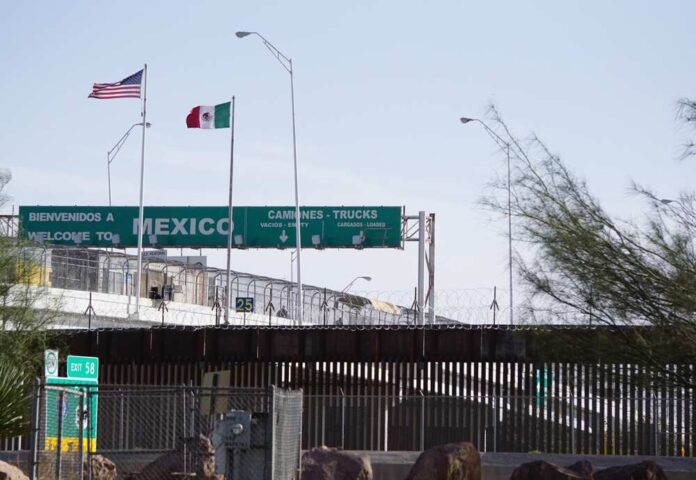
Taking a page out of Texas’ legislation, the Republican-controlled Senate in Louisiana moved a measure this week that would give local and state police the authority to detain and imprison anybody in the state who entered the country illegally.
At a time when Republican states and Democrat President Joe Biden are at odds about the responsibility for enforcing the U.S.-Mexico border, Louisiana’s legislature is the latest to attempt to give states more power in this area.
Legislators who support the measure, including GOP state senator Valarie Hodges, argue that Louisiana should be able to protect the country. Hodges has joined other Republican national leaders in accusing the federal government of ignoring its duty to enforce immigration laws.
Reports show legislators’ opponents complain the measure won’t make the state any safer and would encourage bigotry about immigrants.
Republican legislatures across the US have implemented stricter immigration enforcement measures. Oklahoma’s House passed a bill prohibiting state revenue from benefiting illegal immigrants. Tennessee’s bill requires law enforcement agencies to communicate with federal immigration authorities. Iowa’s bill mirrors Texas law, and Idaho’s bill is pending. Other states are awaiting their governors’ signatures on similar measures.
One measure in Louisiana seeks to outlaw “sanctuary city” rules, which enable local police to defy federal immigration authorities without a court order. Another measure would arrange for money sent to the Louisiana National Guard to appear at the Texas/Mexico border. In addition, Republican Governor Jeff Landry has started ordering state agencies to compile and release migrant statistics.
Reports show Louisiana law also seeks to establish the crime of illegal entrance or re-entrance into the state by barring those previously refused admission, deported, or expelled from the United States.
Now that the Senate has approved it, the measure will be carried on to the House.
Punishment for violations may range from one year in jail and a fee of $4,000 for a first offense to a maximum of two years and a fine of $10,000 for a second offense. As part of Texas’s state-led border security initiatives, the measure also gives Gov. Landry the power to form an interstate agreement with other states.













